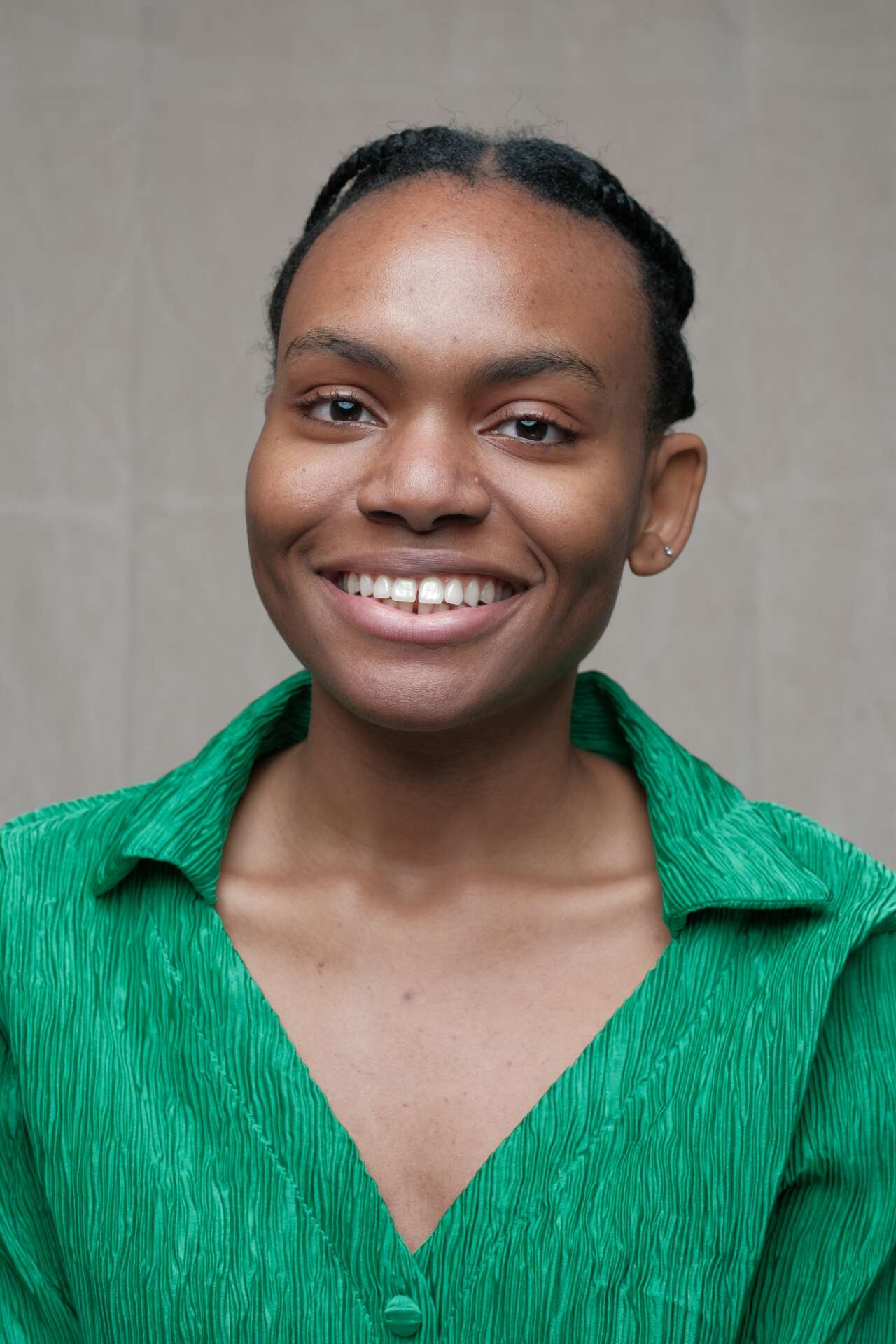We recently connected with Deinye Eporwei and have shared our conversation below.
Hi Deinye, thanks for joining us today. What’s the best or worst investment you’ve made?
My worst investment is the time and money I spent trying to build a startup before Bare Skin. It was supposed to be an app that helps people track their spending and provide actionable insights on optimizing their spending to reach their financial goals. It was a great idea (and still is in my opinion), however, I was the wrong person to try to execute it, simply because writing software full-time and being in the tech scene is not my passion.
I worked with 2 other people on the idea (a technical person, and an operations/business person, however, I somehow found myself in the CEO role). I spent tens of thousands on the business and more time than I should have in an accelerator program trying to make something I didn’t feel driven towards work. As an introvert, that part caused the most anxiety — from learning how many cold calls and customer surveys I had to make, to talking about the idea to a panel at the end of the accelerator program. We even went as far as incorporating the business in our excitement.
Close to a year in, and with the app still nowhere in sight, I finally decided the stress was not worth staying on, so we shut it down.
The rest and sudden relief allowed me to take my first deep breath in a while, and that was how I stumbled upon my small business. In looking for a new hobby, I found how much I love working with my hands and was able to find a solution to a problem I thought I just had to live with.



Deinye, before we move on to more of these sorts of questions, can you take some time to bring our readers up to speed on you and what you do?
Currently, I work a 9-5 as a software developer to fund my small business, Bare Skin. I am a 1 woman show, and I build organic skincare for people with dry skin.
My passion started to reveal itself when I picked up soap-making at home as a hobby. The first recipe I found online was a moisturizing soap bar made with shea butter, olive oil, and coconut oil, and for the first time, I looked at my skin differently. Up until now, I’ve had a solid skincare routine for my face, but as a person with dry skin, I’ve just never found any soap, lotion, or oil that keeps my skin feeling soft and moisturized — I just assumed that having dry skin means my skin is always dry-to-crackly. When I tried that bar of soap that I made, and for the first time, my body didn’t immediately dry up after my shower, I knew I was on to something.
From then on, I went on a deep dive and found the drugstore products I use have a lot of unnecessary, non-moisturizing ingredients in them that didn’t do much for my skin. The name Bare Skin comes from the idea that body products, products that are literally formulated to have long-term contact with our skin should only contain things that are good and helpful to our skin, that our skin would love. I believe that love helps us look at ourselves differently, it allows us to appreciate even more all that our skin does for us, and that helps us send love back to ourselves.
I make and sell thick, highly moisturizing soap, butter, lotions, and other body products to share what that first soap recipe opened my eyes to; it’s for the love of my bare skin.



Can you talk to us about manufacturing? How’d you figure it all out? We’d love to hear the story.
For me, formulating and making products is one of the great joys of running Bare Skin. It’s back to my love for working with my hands and the serenity that comes with it. Although I studied science in university, the bulk of my knowledge comes from being self-taught (the same goes for my 9-5).
In researching recipes, I find correlations, learn what each ingredient is for and if it’s necessary, follow the recipe, and add my variations to it. This process takes a lot of trial and error, and that in itself is experience and more learning for me, from tweaking my recipe to match exactly what I’m looking for to making sure I still follow correct cosmetic guidelines in ingredient usage limits and safety procedures.
That being said, I am excited to get my diploma in organic skincare formulation and get a bit of formal education from people who have decades of experience on me.
Does your business have multiple or supplementary revenue streams (like a ATM machine at a barbershop, etc)?
This would be to the point of listening to what the customers are saying. My initial thought was to only sell directly to customers, however, soon started getting custom requests for large orders for birthdays, weddings, and religious celebrations. That was how I got the push to formally offer gift bags for large gatherings which now make up around 25% of my revenue. This, in turn, allowed me to reach customers whom I previously had no contact with and make more customer sales.
Contact Info:
- Website: www.forbareskin.com
- Instagram: https://www.instagram.com/forbareskin
- Facebook: https://www.facebook.com/strippedbaresoap
- Other: TikTok: https://www.tiktok.com/@forbareskin
Image Credits
Photographer: FayelStudio


